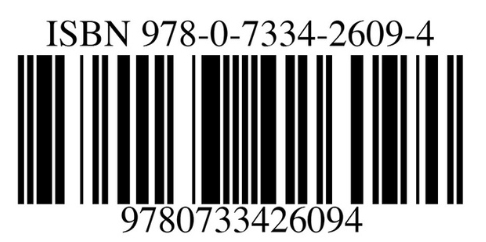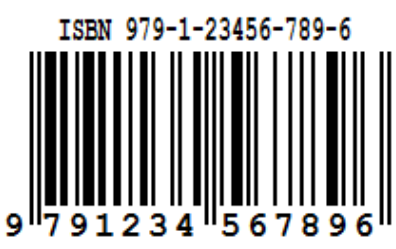
The International Standard Book Number (ISBN) was introduced in 1970 to provide a unique identifier for books. At the time, ISBNs consisted of 10 digits. The basic structure of the ISBN has remained the same over the years, although some changes have been made to accommodate the growing number of books being published.
- 978 Prefix Introduction
- When Was 979 Prefix Added?
- Does the ISBNdb Database Contain ISBNs with the 979 Prefix?
978 Prefix Introduction
For almost forty years, only 10-digit ISBNs had been used. However, due to constantly increasing book production, the availability of 10-digit ISBNs was getting low. To solve the problem, the 978 prefix was introduced in 2007. The books with 10-digit ISBNs, printed before January 2007, got assigned 13-digit ISBNs as well. This allowed for more unique combinations, as the number of books being published grew.
The 978 prefix has become the most widely used prefix for ISBNs, and it is used by most countries.
When Was 979 Prefix Added?
Unused 978-ISBNs were about to become extinct in 2019. Therefore U.S. ISBN Agency started assigning ISBNs with the 979 prefix in 2020. The major difference between 978 and 979 ISBNs is that the ones with the 979 prefix do not have a corresponding 10-digit ISBN. This means that a book with a 979 prefix can only be identified by its 13-digit ISBN. The introduction of the 979 prefix has provided a new range of ISBNs that can be used to identify books, ensuring that there are enough unique combinations for the growing number of books being produced.
Does the ISBNdb Database Contain ISBNs with the 979 Prefix?
ISBNdb is a database of books that provides information about more than 43 million books overall. What concerns ISBNs with 979 prefix, the ISBNdb database contains over 171 thousand such books as of this writing, and the number is growing fast. During the last six months, the ISBNdb crawlers added more than 73 thousand 979-type ISBNs to the database. This shows that the use of the 979 prefix is becoming more common, and it is important to keep track of these ISBNs to ensure accurate book information.
Conclusion
As the publishing industry continues to evolve, it is likely that further changes will be made to the ISBN system, but for now, the introduction of the 978 and 979 prefixes has helped to ensure that books can be identified and tracked accurately for years to come.
However, with more and more books published, 979 ISBNs will run out at some point as well, and a need for a new prefix will arise. Be it 980 or any other prefix, the ISBNdb.com database will remain a reliable source of up-to-date book information.
If you seek additional information about ISBNs, feel free to read our articles about book identification in pre-ISBN era, the history of the ISBN, ISBN lookup and book metadata.






